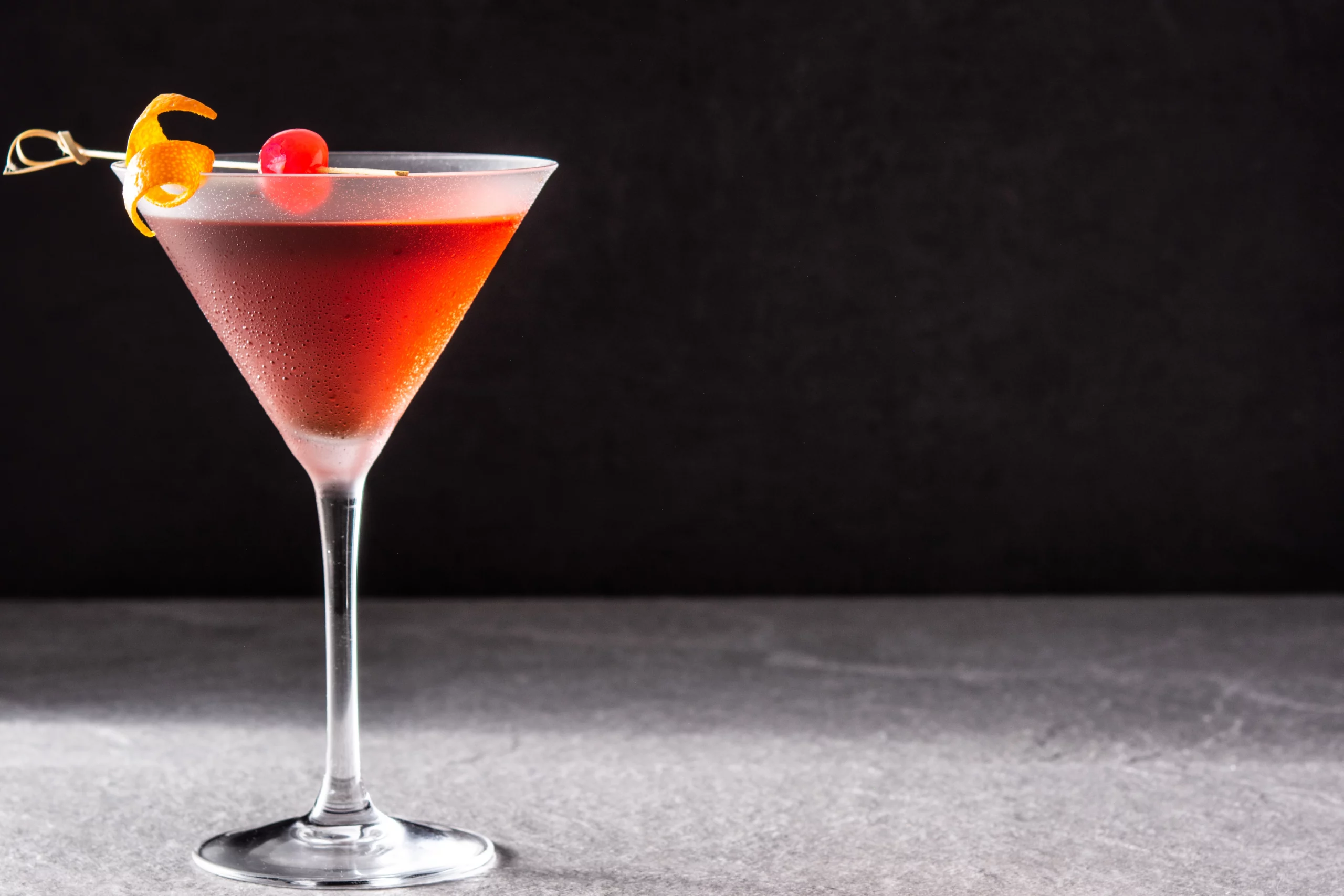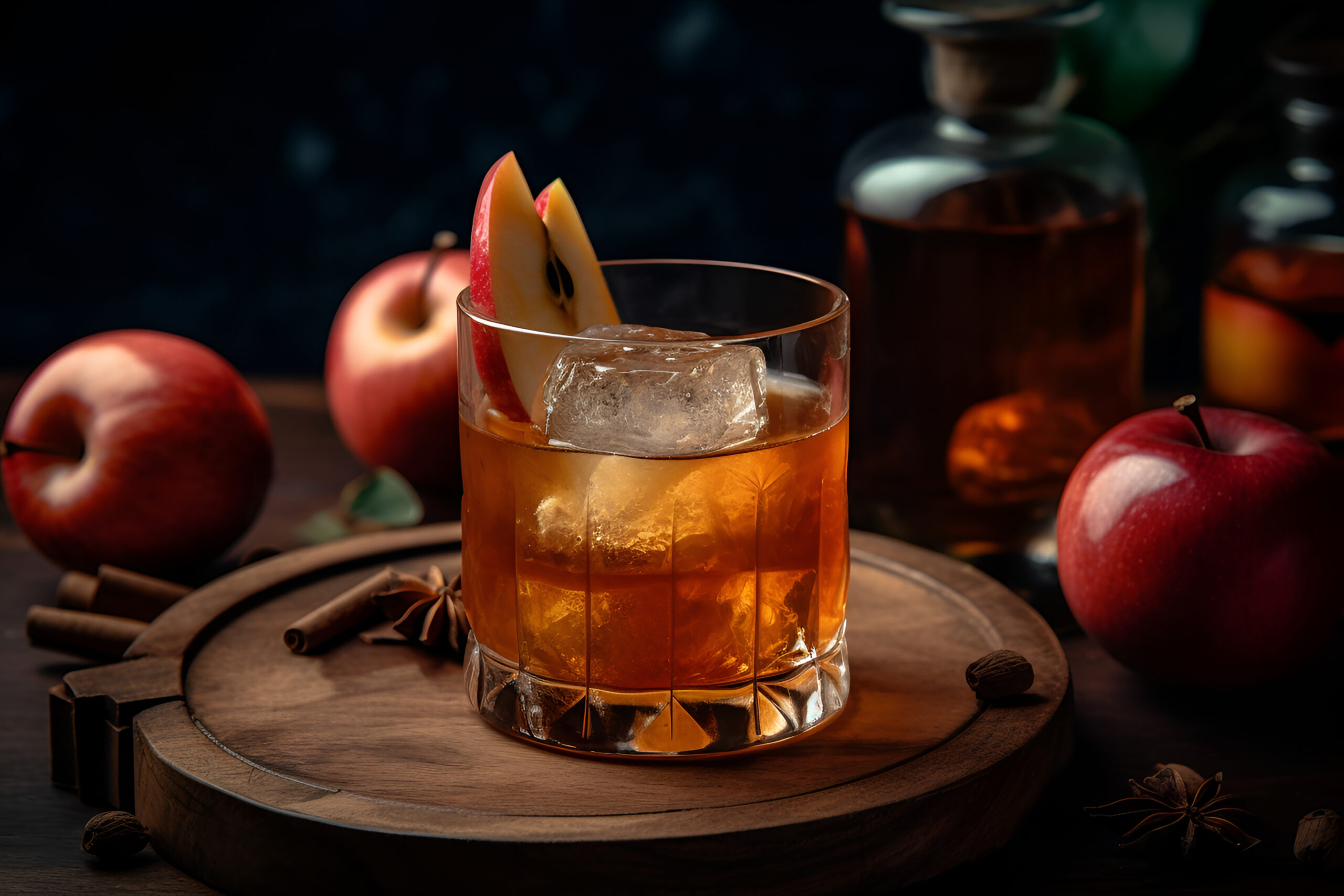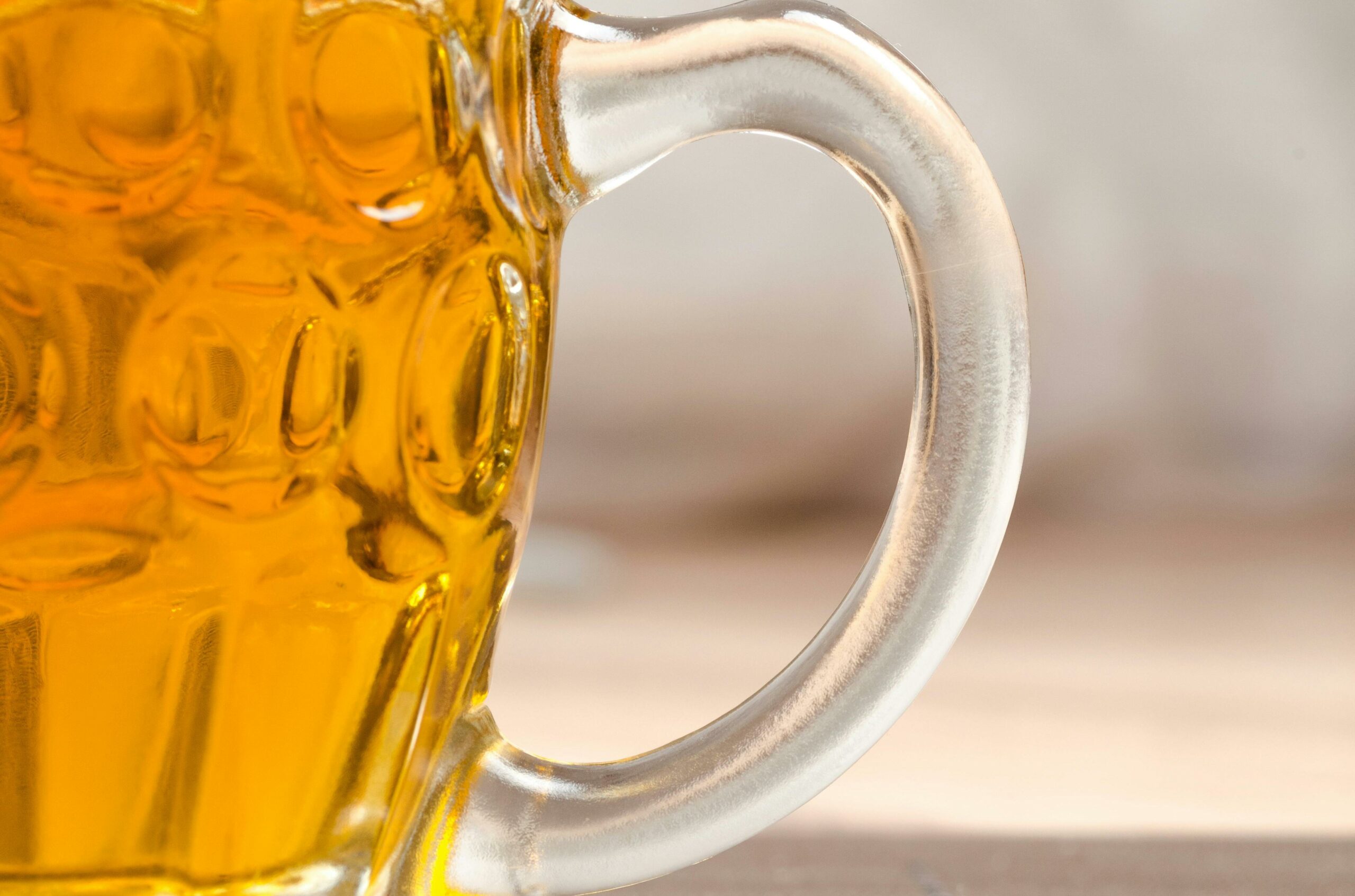If you’re a wine enthusiast or someone concerned about the environmental impact of your lifestyle, you’ve likely come across labels like ‘natural,’ ‘biodynamic,’ or ‘organic’ when perusing the wine aisle. Unlike the traditional wine industry, these categories focus on sustainable practices, minimal intervention, and a fundamental respect for nature. This deep-dive article is your ticket to the vineyard, where we’ll explore the production methods, taste, environmental footprint, and health implications of these wines. Join us as we uncork the world of natural, biodynamic, and organic wines.
Definition & Distinction
NATURAL WINES
Natural wines are the rawest form of the beverage, made without adding or removing anything in the cellar, apart from minimal amounts of sulfur dioxide. Vintners who produce natural wines typically avoid additives like yeast and use wild strains for fermentation, resulting in a truly unique taste reflective of their vineyard and climate.
BIODYNAMIC WINES
Biodynamic wines follow a holistic approach where the vineyard is seen as an interconnected organism. This method, introduced by Rudolf Steiner in the 1920s, considers celestial and terrestrial rhythms, encourages biodiversity, and uses nine preparations made from cow manure, quartz, and herbs that are applied in homeopathic amounts to the compost and field sprays.
ORGANIC WINES
Organic wines, certified through strict agricultural standards, eschew the use of synthetic chemicals in the vineyard. This approach safeguards the natural ecosystem and aims to produce grapes with minimal human intervention.
In these categories, the winemakers become curators, allowing the terroir to shine without compromising the natural harmony found within the vineyard’s environment.
TASTE & QUALITY
The taste of natural, biodynamic, and organic wines can be quite different from conventional wines. With natural wines, the lack of additives and gentle winemaking approaches can result in a more earthy, rustic, and sometimes ‘funky’ flavor profile that is adored by those seeking a departure from the standardized taste of mass-produced wines.
Biodynamic wines often display a stronger connection to the land, which can be sensed in the complexity and depth of the wine. The use of lunar and planetary calendars may not affect the taste, but adherents claim that these wines express a ‘sense of place’ that is particularly terroir-driven.
Organic wines, which avoid chemical treatment of vineyards, are believed to express a ‘purer’ grape flavor due to the lack of external influence. Consumers often find that organic wines, because they represent healthier grapes, also lead to a more palatable drink.
The perception of quality is subjective, but for many, the commitment to these more natural forms of winemaking is directly correlated with a perceived increase in the value of the wine.

Environmental Impact
The taste of natural, biodynamic, and organic wines can be quite different from conventional wines. With natural wines, the lack of additives and gentle winemaking approaches can result in a more earthy, rustic, and sometimes ‘funky’ flavor profile that is adored by those seeking a departure from the standardized taste of mass-produced wines.
Biodynamic wines often display a stronger connection to the land, which can be sensed in the complexity and depth of the wine. The use of lunar and planetary calendars may not affect the taste, but adherents claim that these wines express a ‘sense of place’ that is particularly terroir-driven.
Organic wines, which avoid chemical treatment of vineyards, are believed to express a ‘purer’ grape flavor due to the lack of external influence. Consumers often find that organic wines, because they represent healthier grapes, also lead to a more palatable drink.
The perception of quality is subjective, but for many, the commitment to these more natural forms of winemaking is directly correlated with a perceived increase in the value of the wine.
Health Benefits
While the health benefits of wine consumption are often a subject of debate, drinking natural or organic wines can potentially offer advantages over their conventional counterparts. The avoidance of synthetic pesticides in organic vineyards reduces the risk of pesticide residue in the final wine product. Similarly, the minimal intervention in natural winemaking might result in lower levels of sulfites, which are often attributed to wine-related headaches.
In the realm of biodynamic wines, the claimed health benefits are more esoteric, relating to the alignment of cosmic forces during planting and harvesting. While these notions are more about holistic wellness than scientifically proven health outcomes, it is interesting to note that proponents of biodynamics often speak of experiencing a ‘clearer’ and ‘cleaner’ effect from these wines.
At the heart of it, natural, biodynamic, and organic wines can be a healthier alternative for those who are sensitive to chemicals or who are looking for wines with a lower environmental impact.

In Conclusion
The rise of natural, biodynamic, and organic wines represents a shift in consumer awareness towards a more sustainable approach to wine consumption. As we continue to prioritize the impact of our choices on the planet, these wines offer a bridge to the origins of winemaking, where the human hand is gentle, and the land is revered. Whether you’re savoring a glass with friends or reflecting on your own, each sip can be a toast to the future of our environment and our health.
In the end, the decision to try these wines offers an enriching opportunity to connect with the Earth and to join the global movement towards a more mindful approach to consumption. May your wine glass be full, and the experience even fuller as you explore the bounty of natural, biodynamic, and organic wines that await. Cheers to a sustainable future, one grape at a time.
To see a list of upcoming events at JohnMartin’s Irish Pub & Restaurant, click here.
To make a reservation at JohnMartin’s Irish Pub & Restaurant, click here.
Details: JohnMartin’s Irish Pub & Restaurant, 253 Miracle Mile, Coral Gables, FL 33134; johnmartinsmiami.com (954)372-7606.













